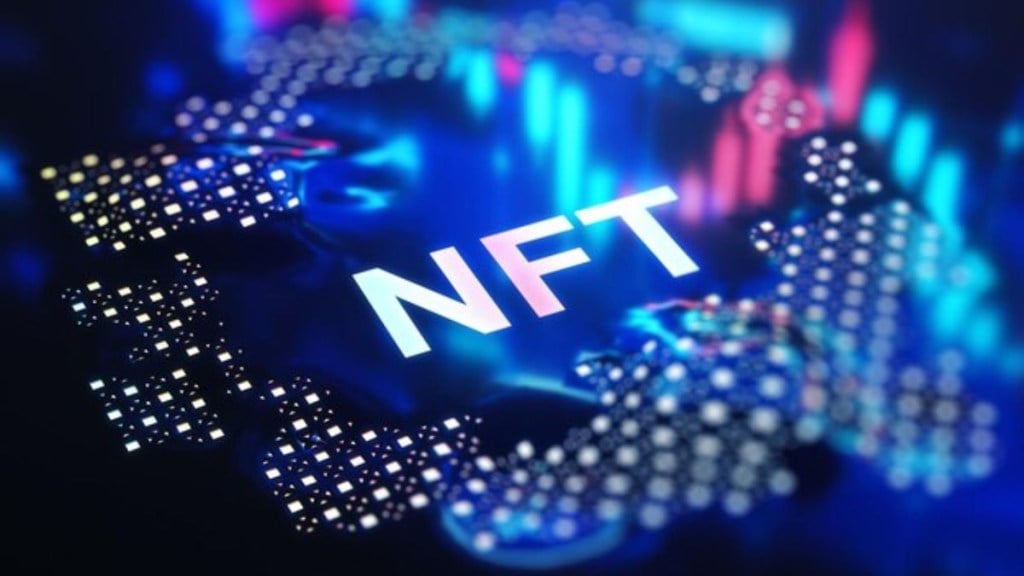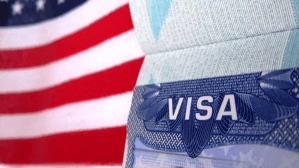By Amandeep Kaur
The Rise of NFTs X AI software in Marketing
Non-Fungible Tokens, commonly known as NFTs, are unique digital assets authenticated using blockchain technology. Each token represents ownership and authenticity of a specific item, often digital art, music, or other forms of creative content. While initially associated with the art world, NFTs have swiftly found applications in the realm of marketing, transforming how brands interact with their consumers. One of the key advantages of integrating NFTs into marketing strategies is the ability to create exclusive digital collectibles. By releasing limited edition NFTs, brands can tap into the psychological aspect of scarcity, driving demand and a sense of urgency among their audience. These digital collectibles become symbols of exclusivity, turning consumers into brand advocates as they strive to obtain these unique tokens.
Engagement through Interactive Campaigns
NFTs open up new possibilities for interactive marketing campaigns. Brands can design campaigns that involve collecting or trading NFTs, turning marketing into a dynamic and participatory experience. Whether it’s a scavenger hunt for virtual tokens or a series of interactive challenges, NFTs offer a novel way to engage consumers and build a community around a brand. Brands can monetize their digital assets by selling NFTs directly to consumers. This can include exclusive content, virtual experiences, or even early access to products and services. The secondary market for NFTs also allows brands to benefit from resales, earning a percentage every time their digital assets change hands.
Real-world Examples of NFT & AI Marketing Success
Several forward-thinking brands have already harnessed the power of NFTs in their marketing strategies. For instance, a renowned fashion brand released limited edition virtual fashion items as NFTs, allowing customers to showcase these unique digital designs in virtual spaces or on social media. Similarly, musicians have embraced NFTs by offering exclusive music or concert experiences as tokenized assets.
Puma made a splash in the cricket world with its PumaDive campaign during the 2023 World Cup. The campaign invited participants to share their favorite cricket dive moments on the X platform using #PUMADive. Using AI and computer vision software developed by Atthah, the campaign analysed and filtered dive images, calculating match accuracy with the Puma Dive and returned a graphic that demonstrated the result to the participant. Over two months, the campaign received an impressive half a million entries.
As NFTs continue to gain momentum, their role in marketing is set to expand. The ability to create unique, verifiable digital assets opens up avenues for creativity and innovation offering brands a powerful tool to engage, reward, and connect with their audience in ways previously unexplored. Brands that embrace NFTs in their marketing strategies not only position themselves as pioneers in the digital realm but also connect with consumers on a deeper, more meaningful level.
The author is founder, CEO, Phoenix TalentX Branding








